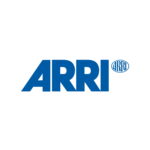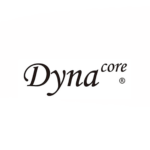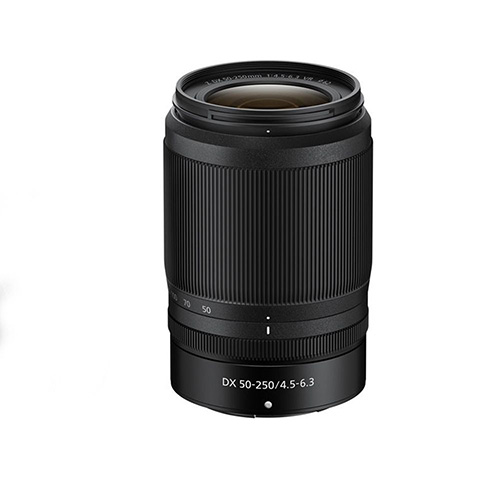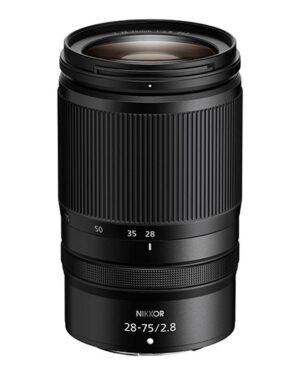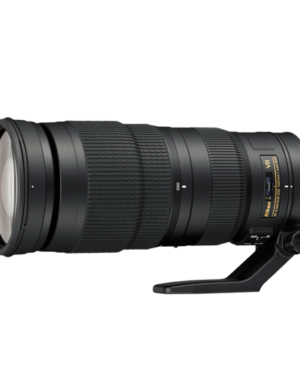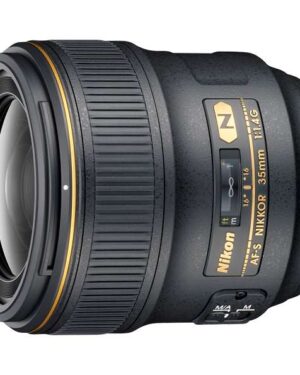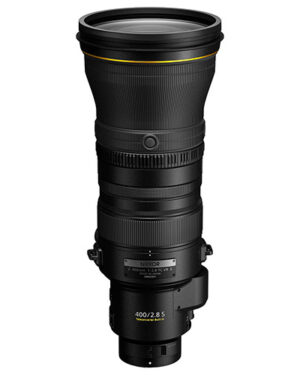A telephoto lens gives you more than just zoom power. Telephoto lenses are great for portraits – they render faces naturally without distortion. They make your subject stand out against a soft, blurry background. They let you fill the frame with interesting compositions. And, yes, they also let you get closer to the action, wildlife, sports, concerts, events and more.
Key Features of the Nikon Z DX 50-250mm f/4.5-6.3 VR Lens
- Practical telephoto zoom designed for DX-format Nikon Z-mount mirrorless cameras
- One extra-low dispersion element reduces colour fringing and chromatic aberrations for improved clarity and colour accuracy.
- Super Integrated Coating suppresses flare and ghosting for improved contrast and colour fidelity when working in strong lighting conditions.
- Stepping motor for impressively smooth, quiet, and fast autofocus performance that is well-suited to both stills and video applications. Internal focus design with full-time manual override.
- Vibration Reduction image stabilization minimizes the appearance of camera shake by up to 5 stops for sharper handheld shooting.
- Programmable Control Ring is, by default, set to adjust manual focus but can also be used to control aperture or exposure compensation.
- Specialized electromagnetic aperture mechanism provides greater exposure control stability that is especially beneficial when working with fast continuous shooting rates.
- Rounded seven-blade diaphragm promotes a pleasing out of focus quality that benefits the use of shallow depth of field techniques.
Powerful Image Stabilization
At telephoto distances, the smallest camera movements can blur a photo. Video is even less forgiving – we’re all familiar with shaky smartphone videos. The NIKKOR Z DX 50-250mm f/4.5-6.3 VR has the most effective Vibration Reduction (VR) image stabilization system of any NIKKOR yet, up to 5 stops! Your videos will be rock-steady, and your telephoto photos will be sharp and clear.
Precision Autofocus
The NIKKOR Z DX 50-250mm f/4.5-6.3 VR uses a blazing fast, nearly silent stepping motor for autofocusing, and it performs brilliantly with Z series’ Eye AF to keep focus right where you want it.
High Contrast
An Extra-low Dispersion (ED) glass lens element reduces colour defects and glare for sharper, clearer images with outstanding contrast.
Customized Control
Assign your favorite function to the control ring – aperture control (great for iris transitions during video recording), ISO adjustments, exposure compensation or manual focus.
Technology
Designed and optimized to take full advantage of the Z system’s larger mount, Z lenses like the NIKKOR Z DX 50-250mm f/4.5-6.3 VR gather substantially more light, providing even illumination and improved sharpness from the center of the frame to the far edges. Autofocusing is fast and quiet. Video recording is clean and smooth with highly minimized focus breathing and reduced wobbling. Intuitive on-lens controls can be customized to your individual shooting style and so much more. Z lenses are designed with a sense of consistency that combines reliability and beauty with next-dimension optical performance for complete freedom in image creation.
Stepping Motor
NIKKOR Z lenses use a stepping motor for fast, accurate, smooth, quiet autofocus with reduced wobbling. This quiet drive system makes the lenses ideal for use when shooting video.
IF Lens
A NIKKOR lens in which only the internal lens group shifts during focusing. Thus, IF NIKKORS do not change in size during AF operation, allowing for compact, lightweight lenses capable of closer focusing distances. These lenses will be designated with the abbreviation IF on the lens barrel.
Electromagnetic Diaphragm Mechanism
An electromagnetic diaphragm mechanism in the lens barrel provides highly accurate electronic diaphragm or aperture blade control when using auto exposure during continuous shooting. With conventional D/G type lenses, the diaphragm blades are operated by mechanical linkage levers.
Super Integrated Coating
Nikon Super Integrated Coating is Nikon’s term for its multilayer coating of the optical elements in NIKKOR lenses.
ED (Extra-Low Dispersion) Glass
An optical glass developed by Nikon that is used with normal optical glass in telephoto lenses to obtain optimum correction of chromatic aberrations.
Vibration Reduction
A Nikon in-lens technology that improves image stability by automatically compensating for camera shake. Lenses that offer VR will feature the abbreviation VR on the lens barrel.
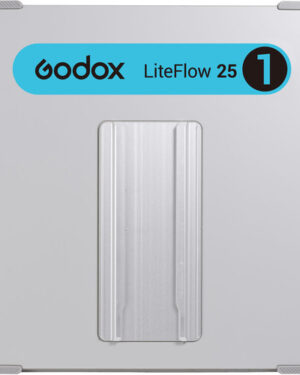 Godox KNOWLED Liteflow 25 No 1 Reflector
1 × $194.06
Godox KNOWLED Liteflow 25 No 1 Reflector
1 × $194.06 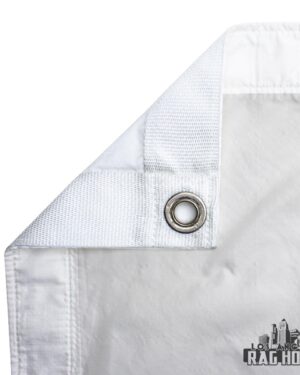 LARH Textile Grid Full Silent White 4' X 4'
1 × $169.40
LARH Textile Grid Full Silent White 4' X 4'
1 × $169.40 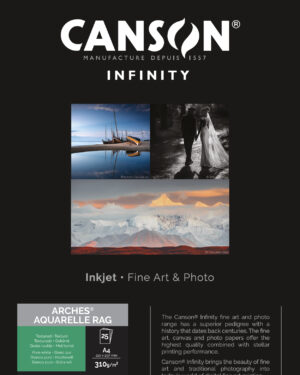 Canson Infinity Arches Aquarelle Rag 310gsm A4 25 Sheets
1 × $68.00
Canson Infinity Arches Aquarelle Rag 310gsm A4 25 Sheets
1 × $68.00 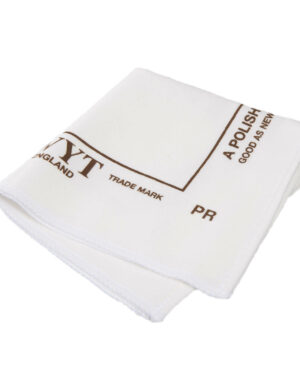 Selvyt PR Cleaning Cloth Premium 35 x 35cm
1 × $18.00
Selvyt PR Cleaning Cloth Premium 35 x 35cm
1 × $18.00 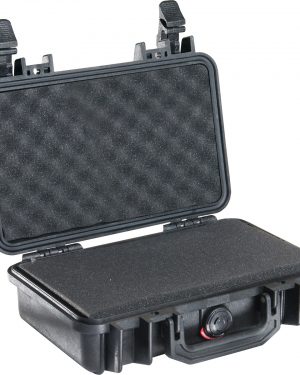 Pelican 1170 Case With Foam Black
1 × $103.00
Pelican 1170 Case With Foam Black
1 × $103.00 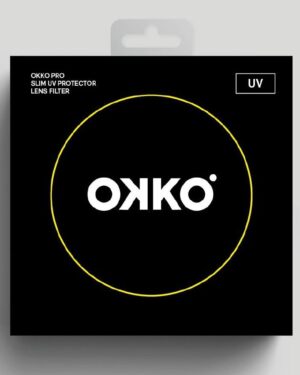 Okko Pro / Slim UV Protector Lens Filter 62mm
1 × $79.00
Okko Pro / Slim UV Protector Lens Filter 62mm
1 × $79.00 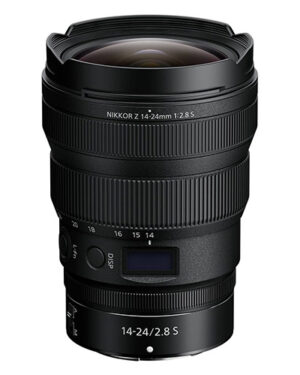 Nikon Nikkor Z 14-24mm F/2.8 S
1 × $3,767.72
Nikon Nikkor Z 14-24mm F/2.8 S
1 × $3,767.72 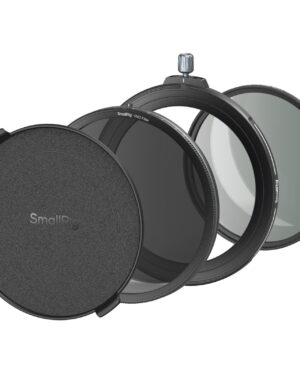 SmallRig 82mm UV & VND Filter Kit 4781
1 × $176.90
SmallRig 82mm UV & VND Filter Kit 4781
1 × $176.90 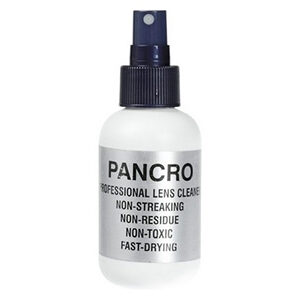 Pancro Lens Cleaner Spray 118mL
1 × $35.00
Pancro Lens Cleaner Spray 118mL
1 × $35.00 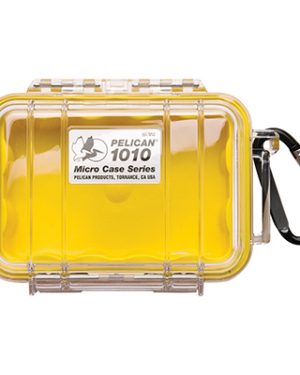 Pelican 1010 Micro Case Clear With Yellow
1 × $35.00
Pelican 1010 Micro Case Clear With Yellow
1 × $35.00 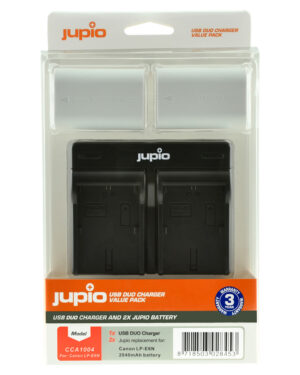 Jupio Kit: 2 x Canon LP-E6N Ultra 2040mAh Batteries + USB Dual Charger
1 × $175.00
Jupio Kit: 2 x Canon LP-E6N Ultra 2040mAh Batteries + USB Dual Charger
1 × $175.00  Think Tank Airport Commuter
1 × $349.00
Think Tank Airport Commuter
1 × $349.00 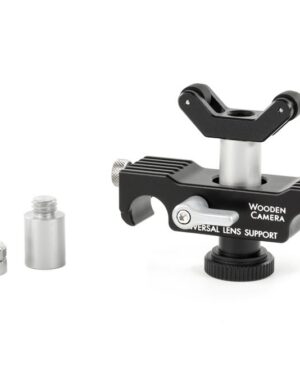 Wooden Camera Universal Lens Support (15mm LW)
1 × $475.00
Wooden Camera Universal Lens Support (15mm LW)
1 × $475.00 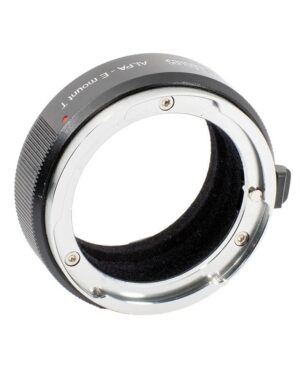 Metabones ALPA to E-Mount T/ NEX (MB_ALPA-E-BT1)
1 × $225.40
Metabones ALPA to E-Mount T/ NEX (MB_ALPA-E-BT1)
1 × $225.40 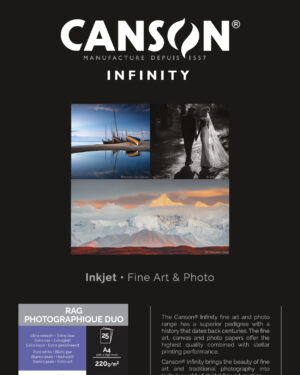 Canson Rag Duo 220Gsm A4 25Sh
1 × $57.00
Canson Rag Duo 220Gsm A4 25Sh
1 × $57.00 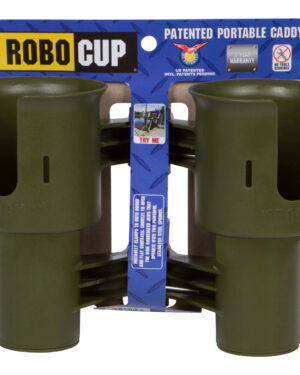 RoboCup Olive
1 × $55.00
RoboCup Olive
1 × $55.00 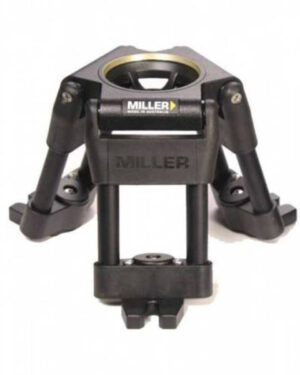 Miller Hi Hat 75mm
1 × $537.00
Miller Hi Hat 75mm
1 × $537.00 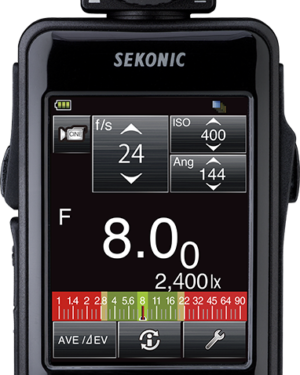 Sekonic L-478D LiteMaster PRO Light Meter
1 × $549.00
Sekonic L-478D LiteMaster PRO Light Meter
1 × $549.00 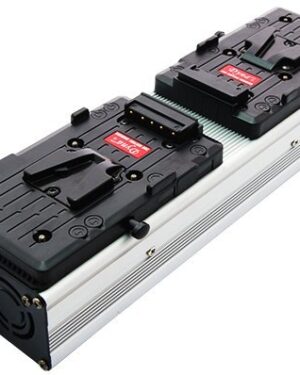 Dynacore DHBC-T Charger V-Lock 26V for 2 batteries
1 × $250.00
Dynacore DHBC-T Charger V-Lock 26V for 2 batteries
1 × $250.00 










